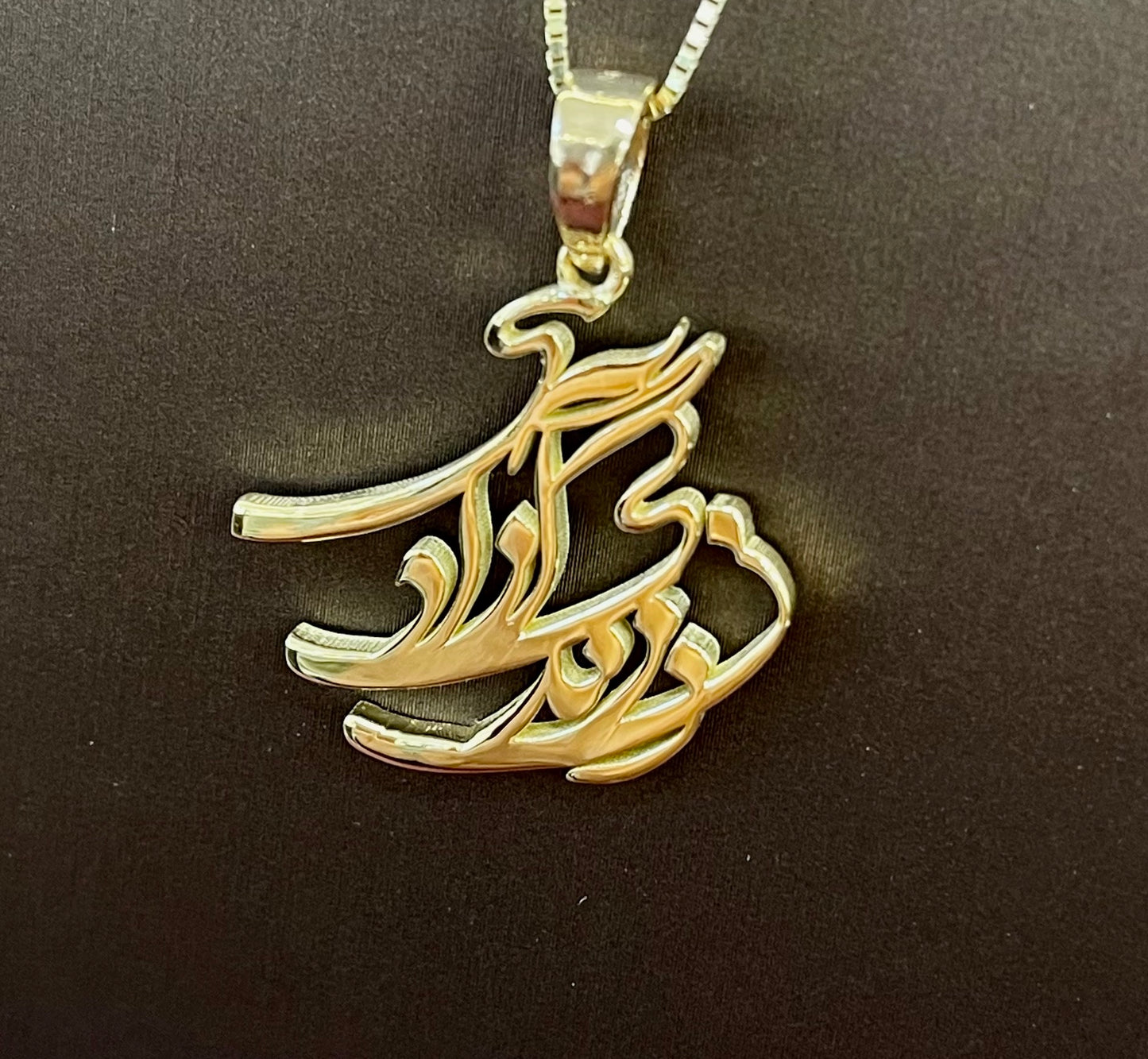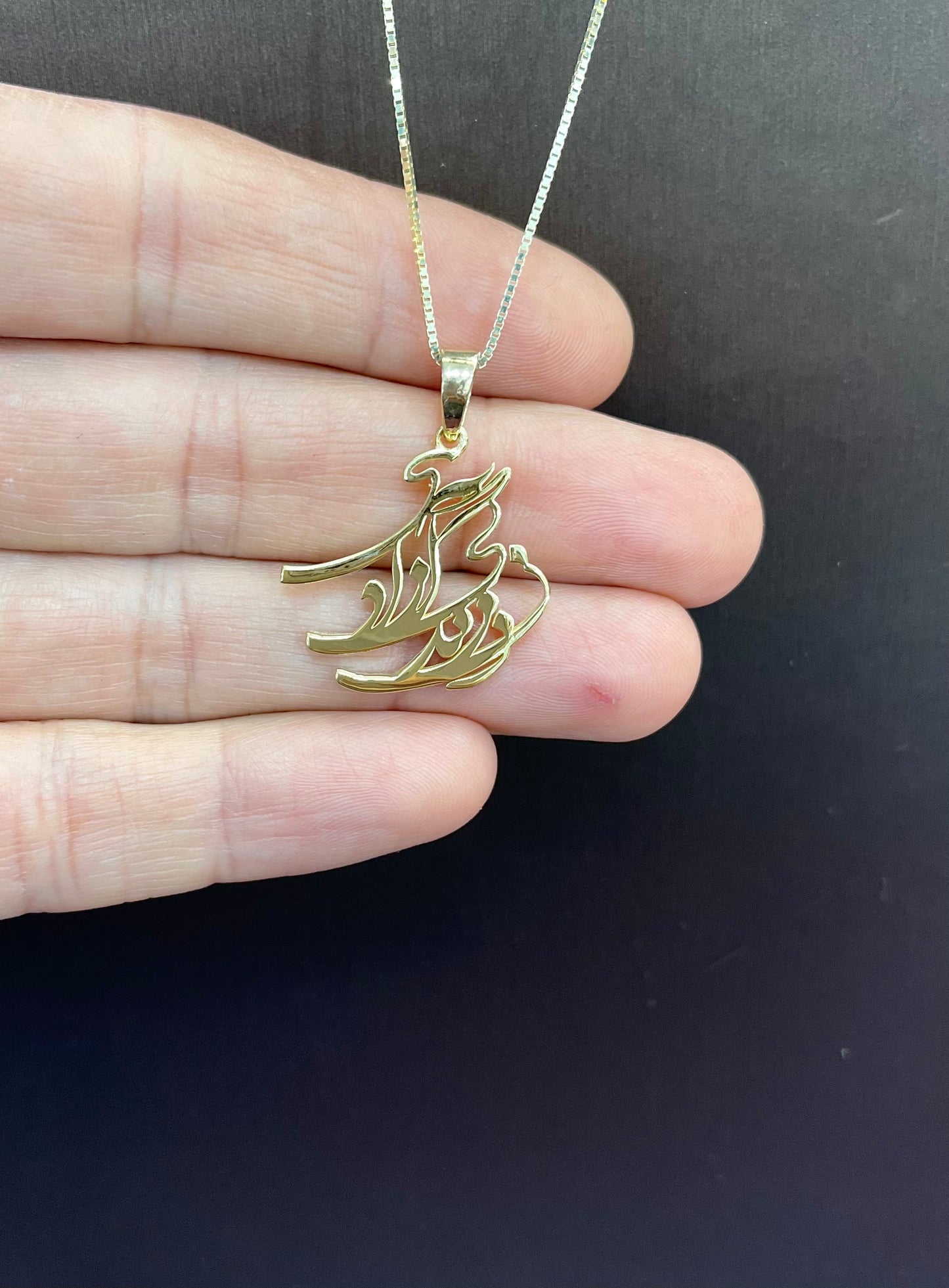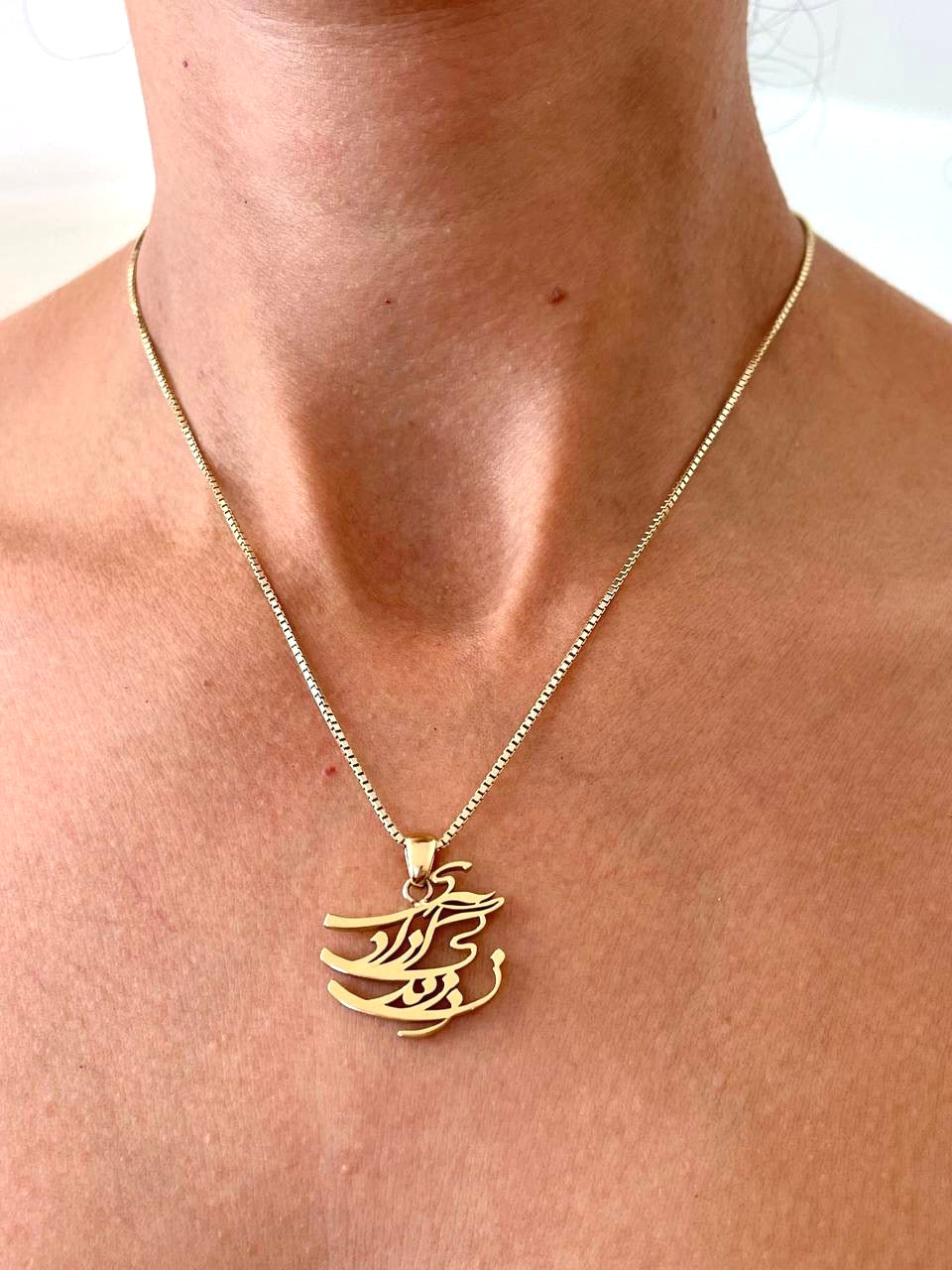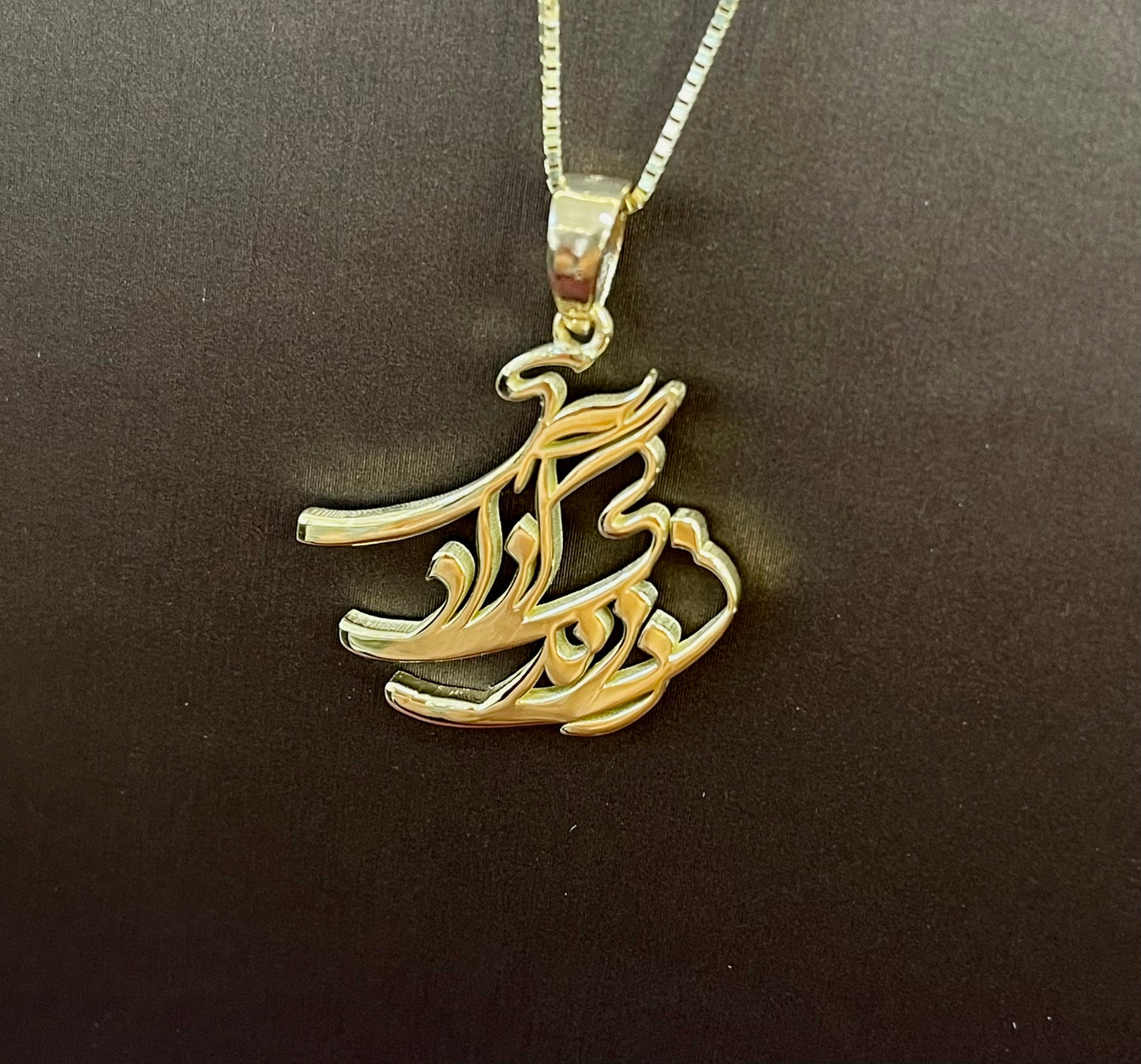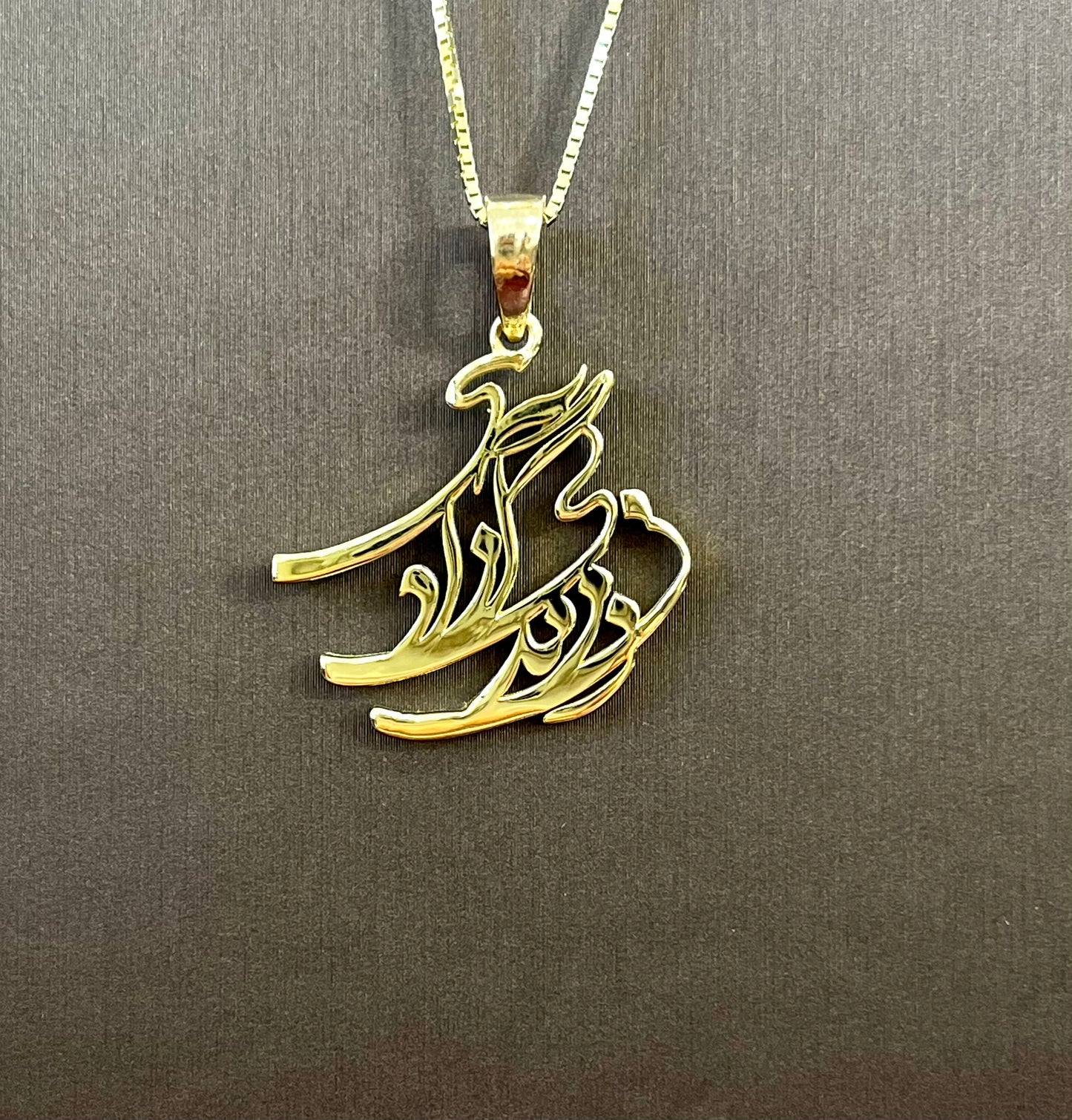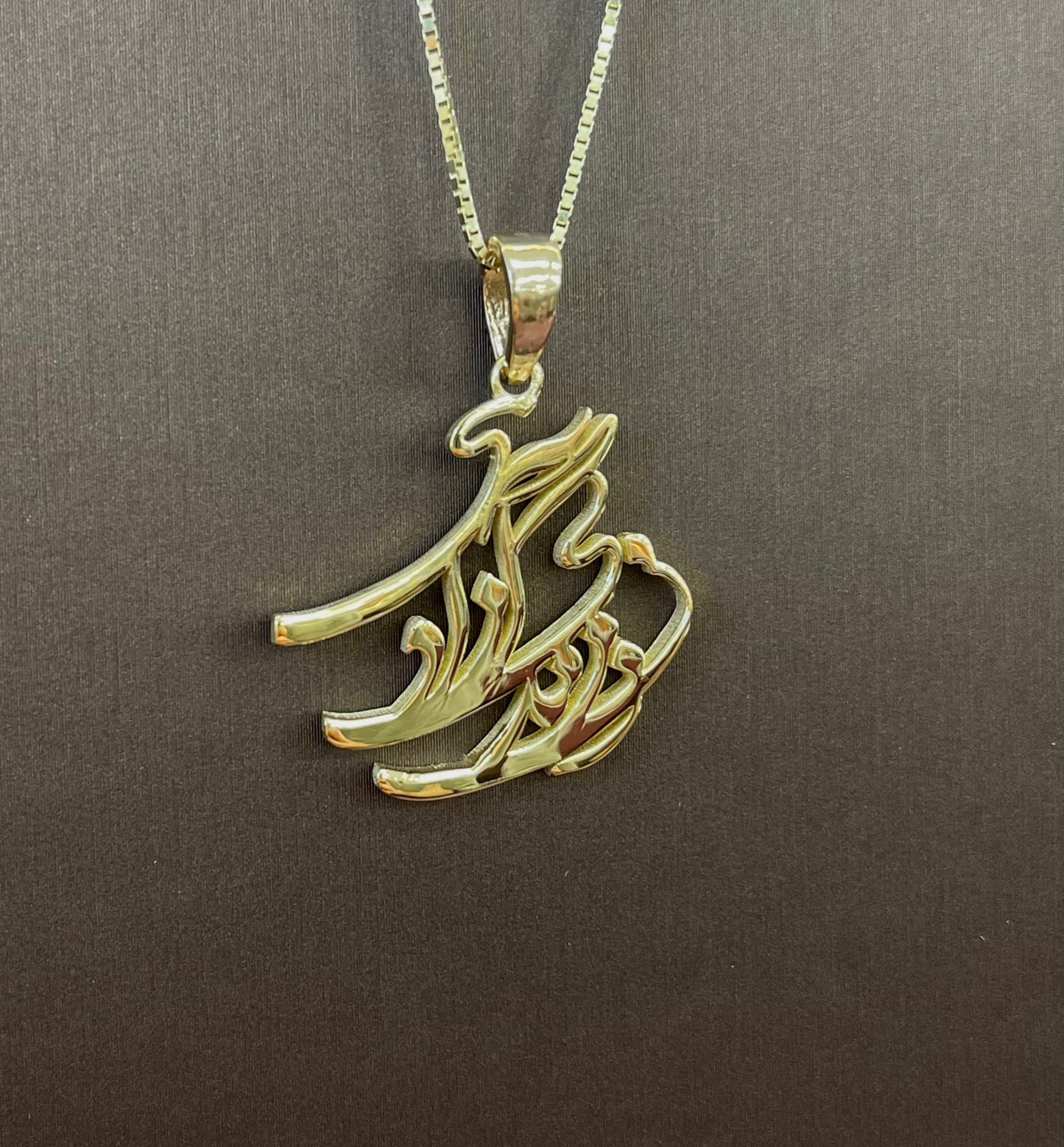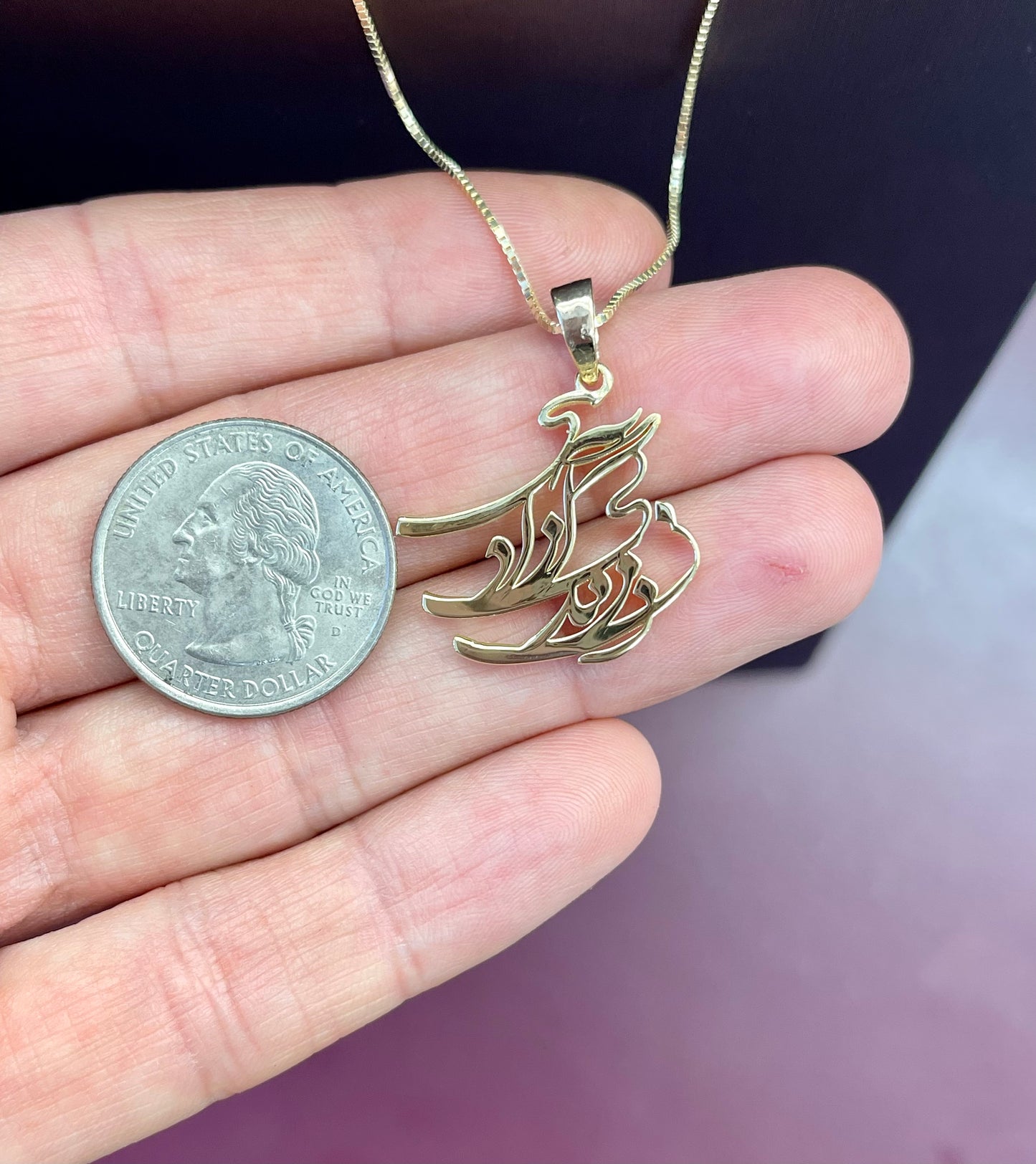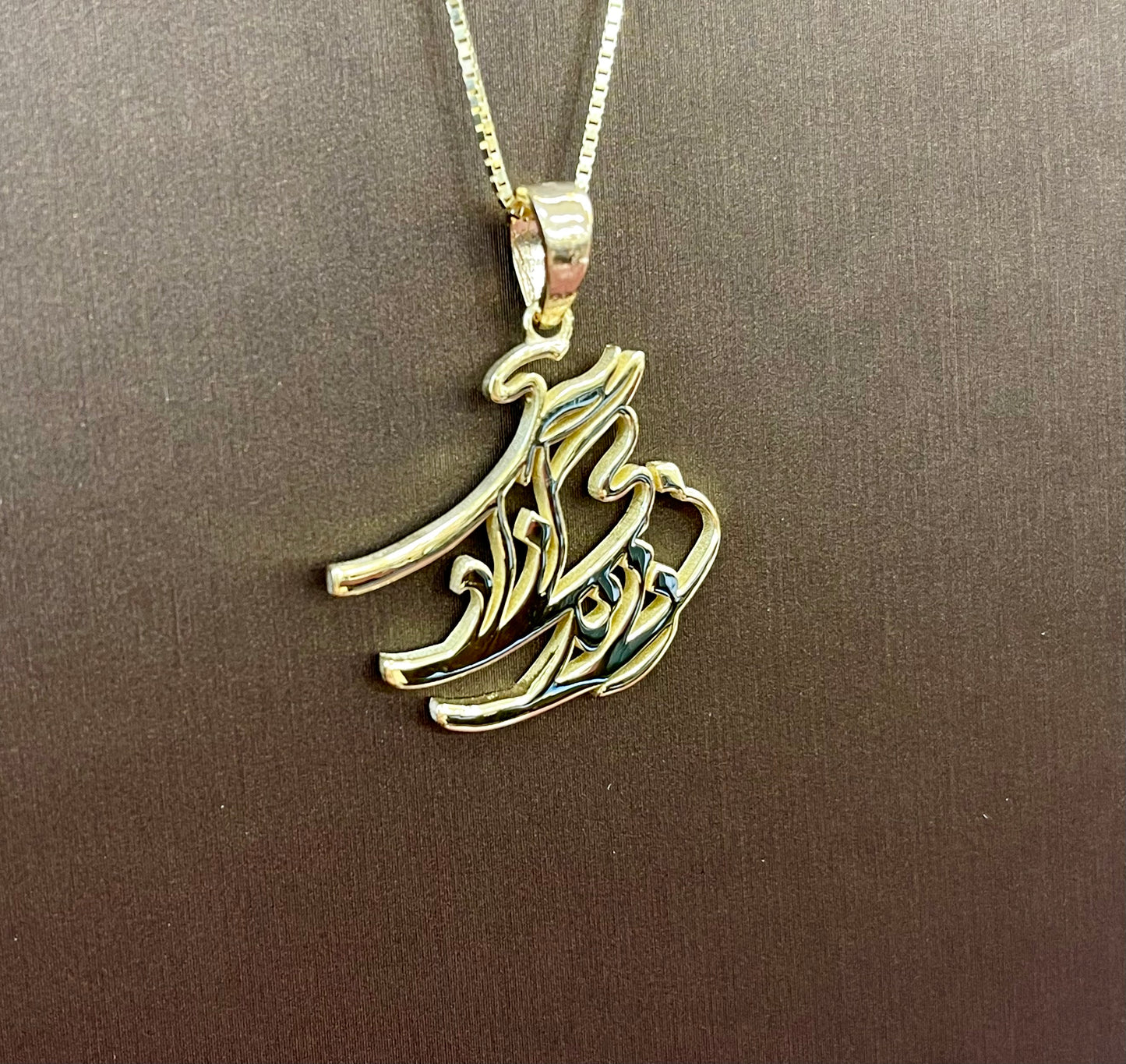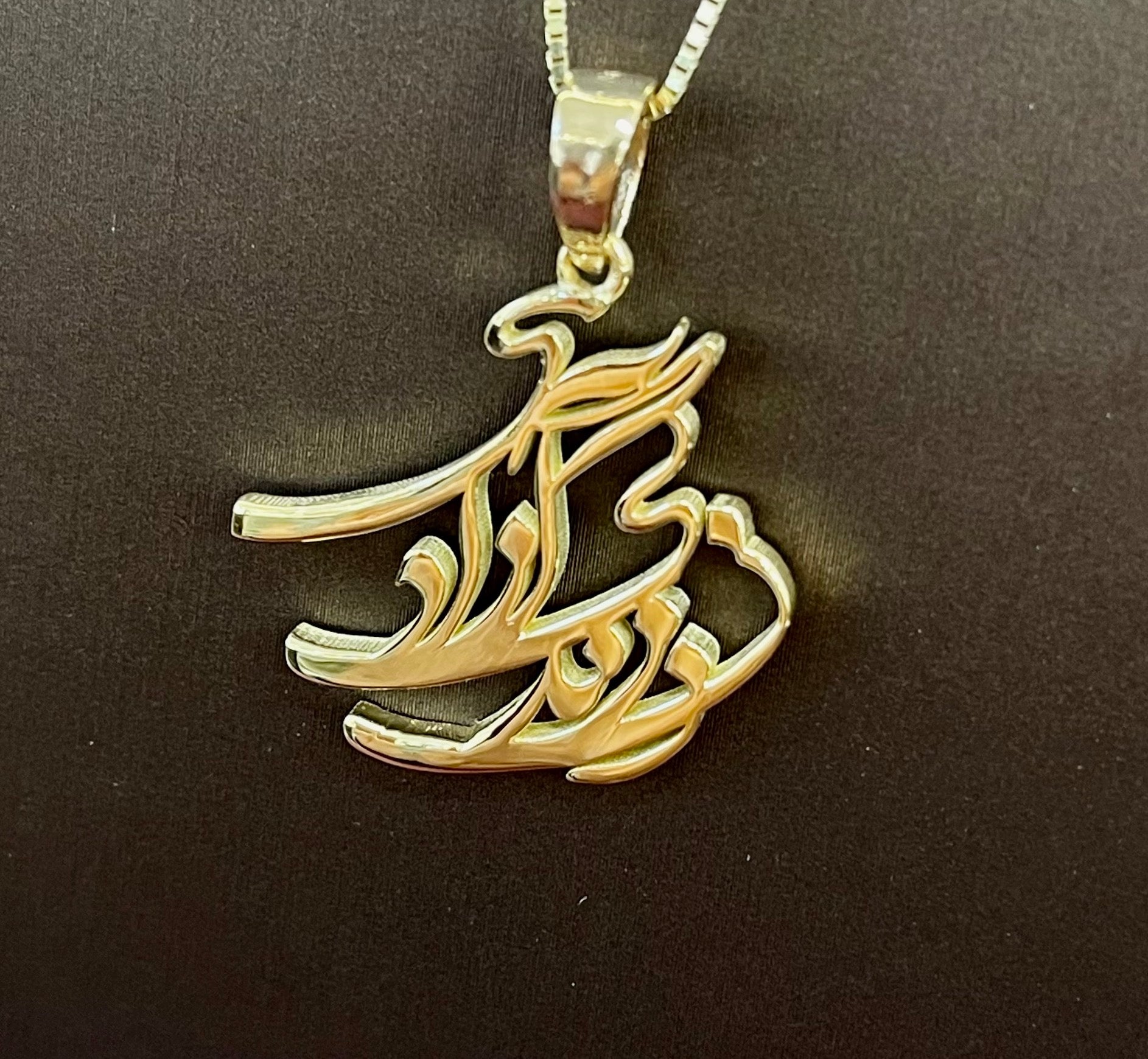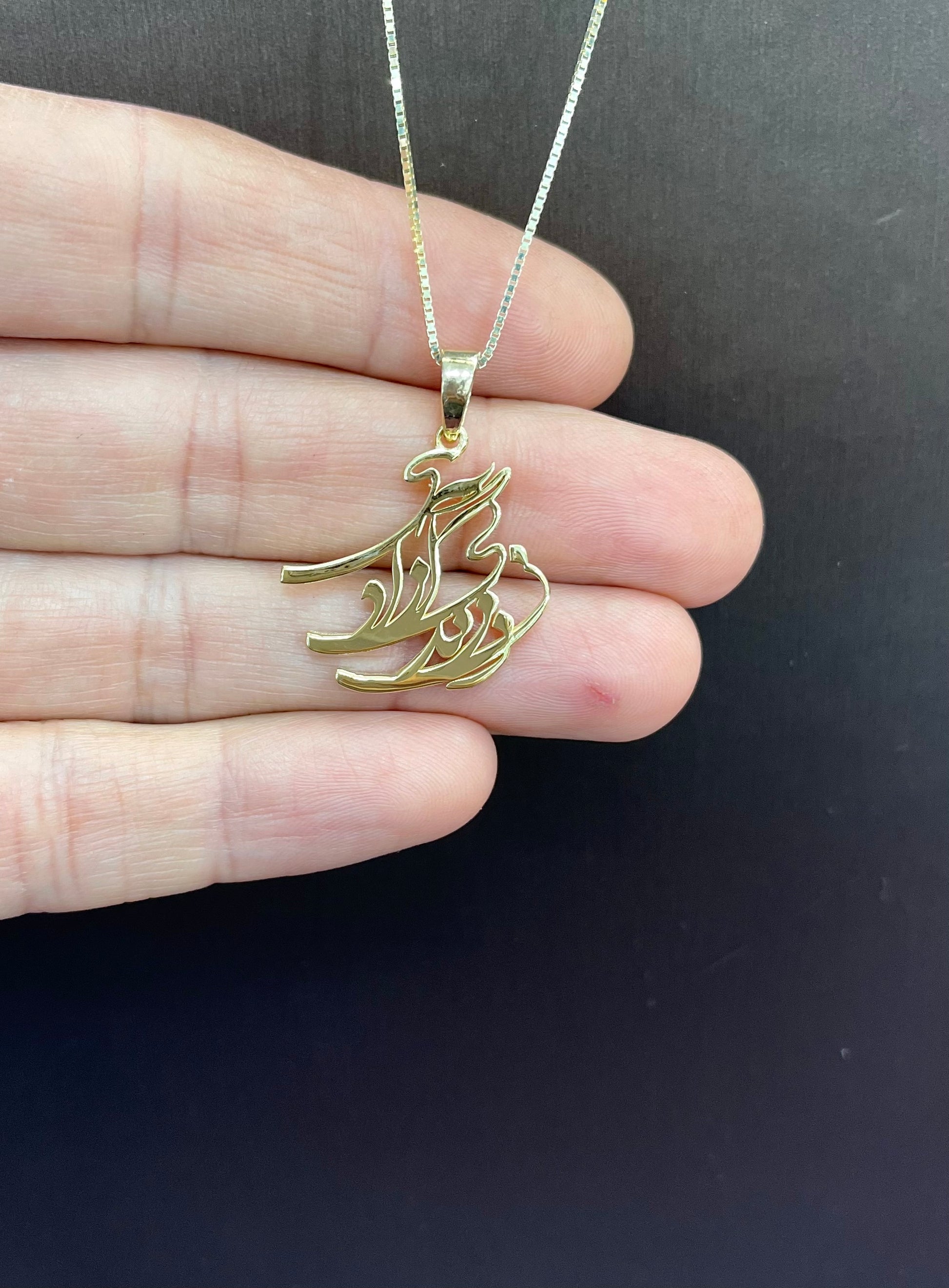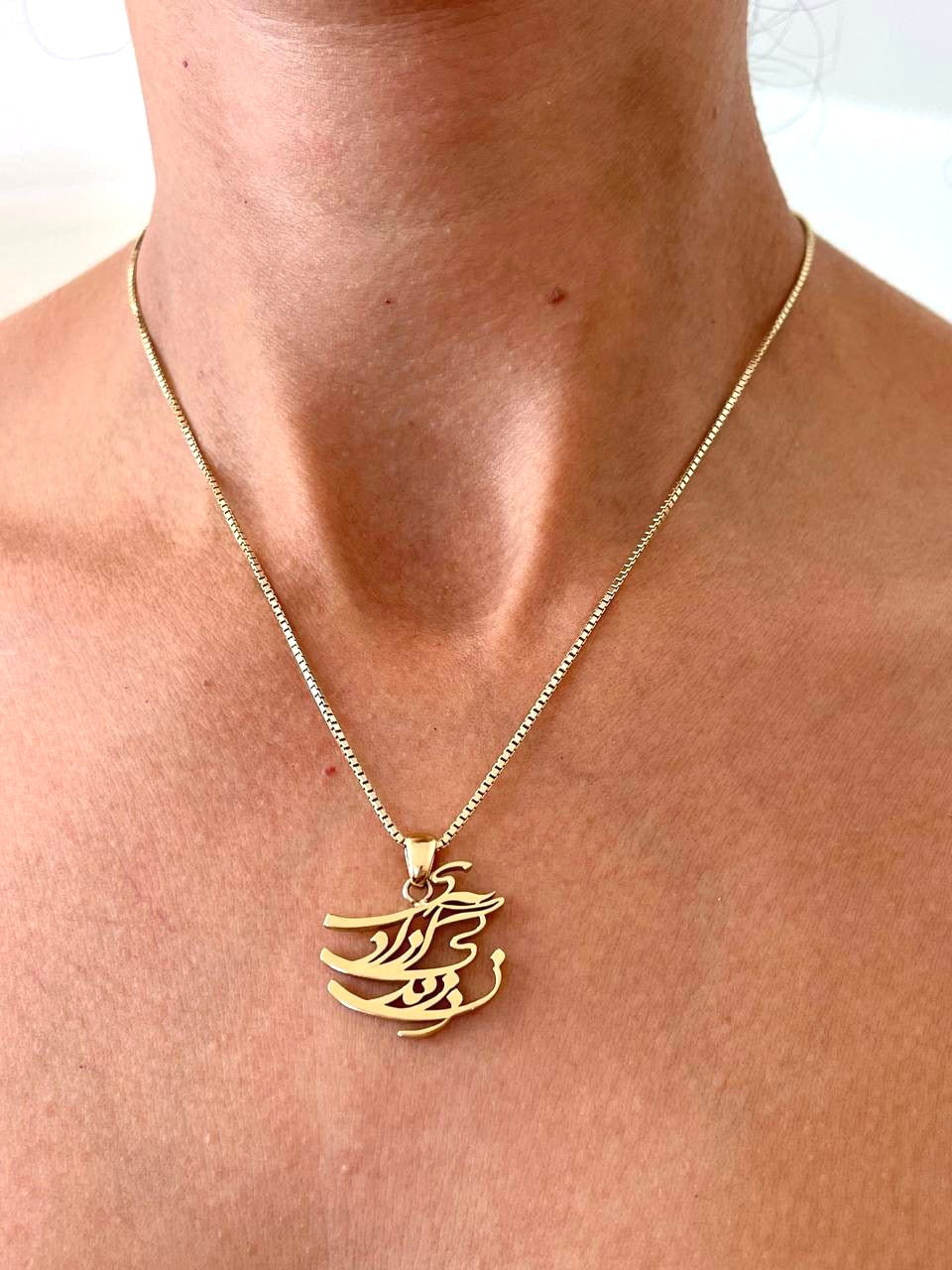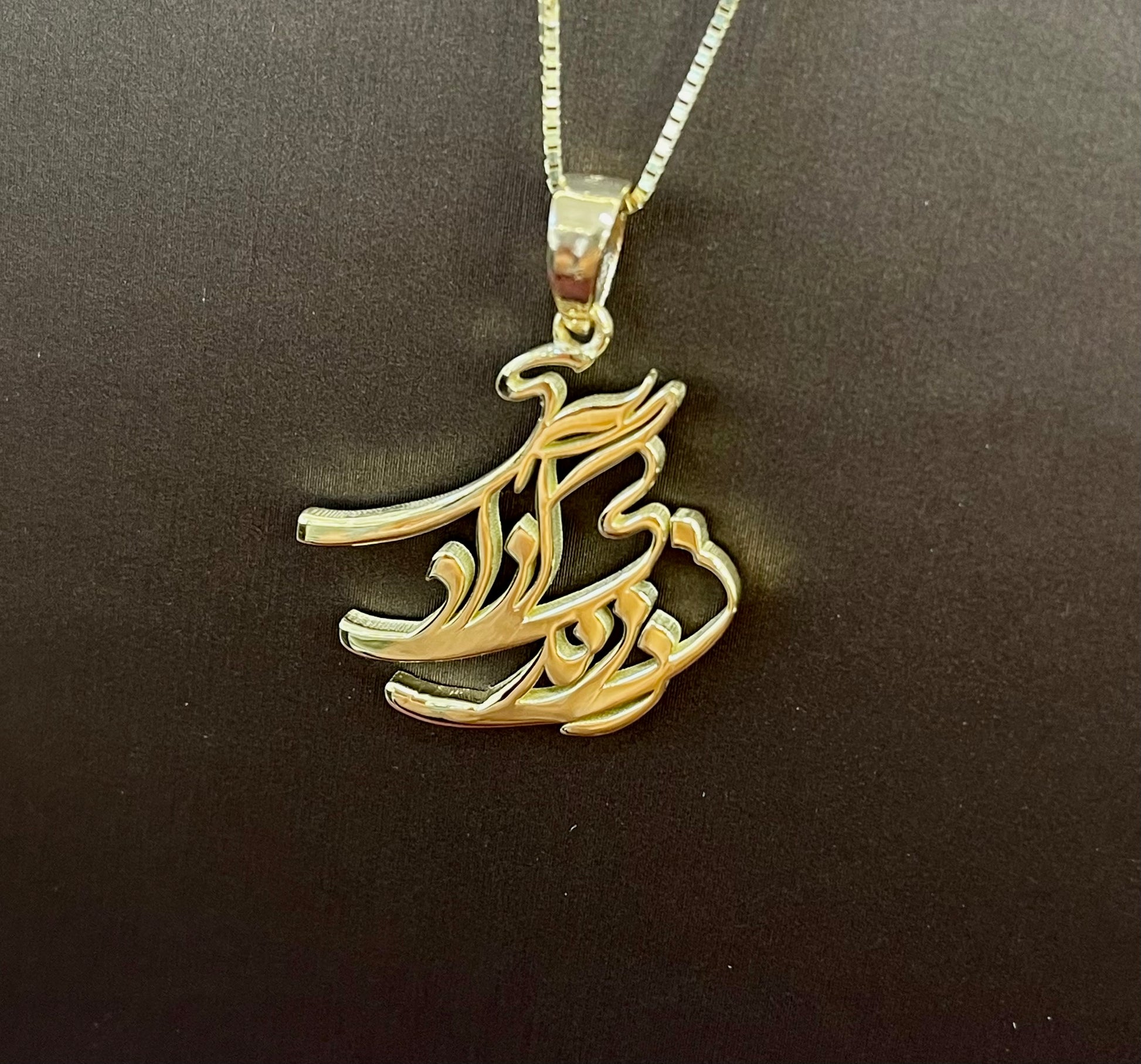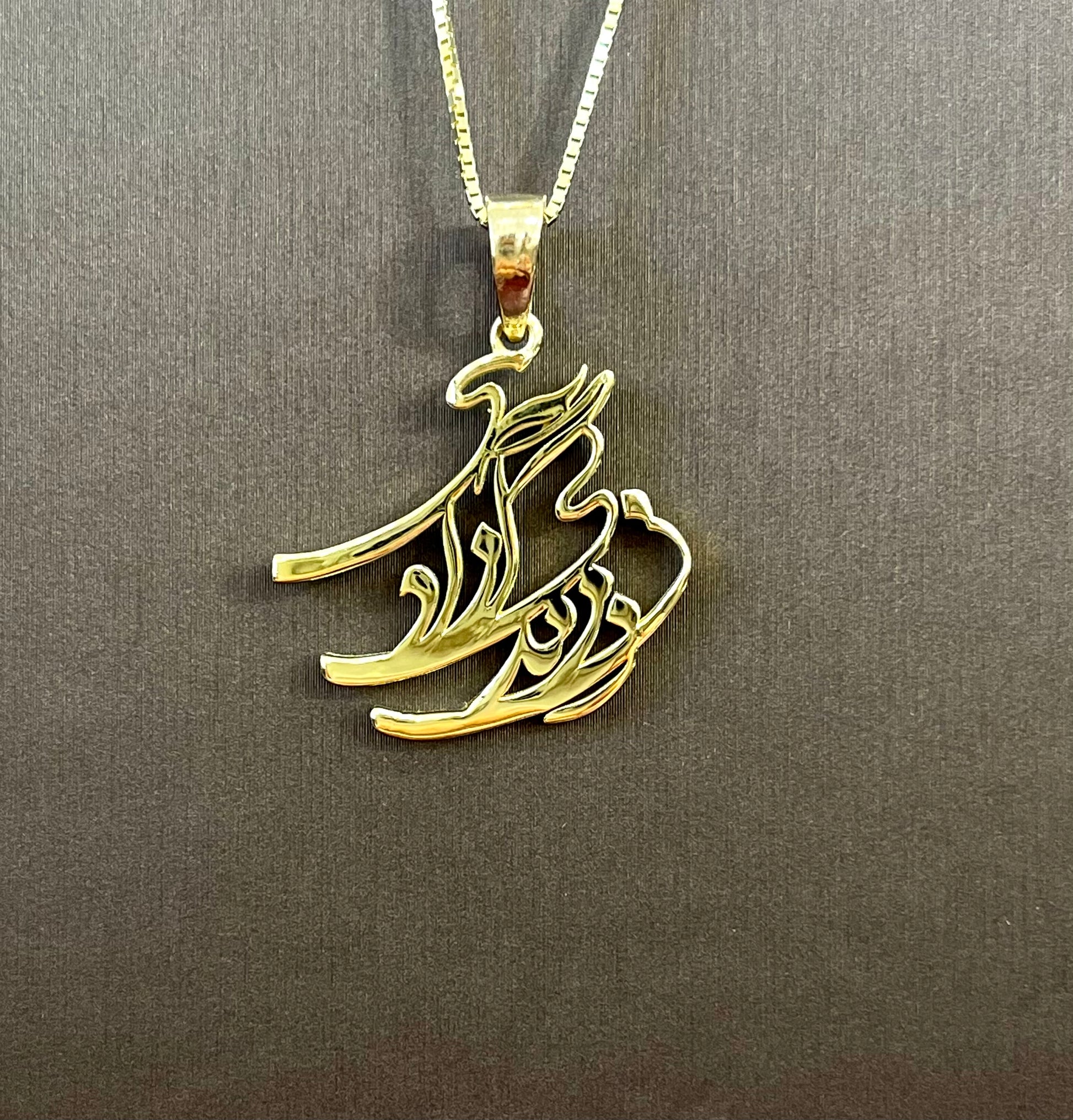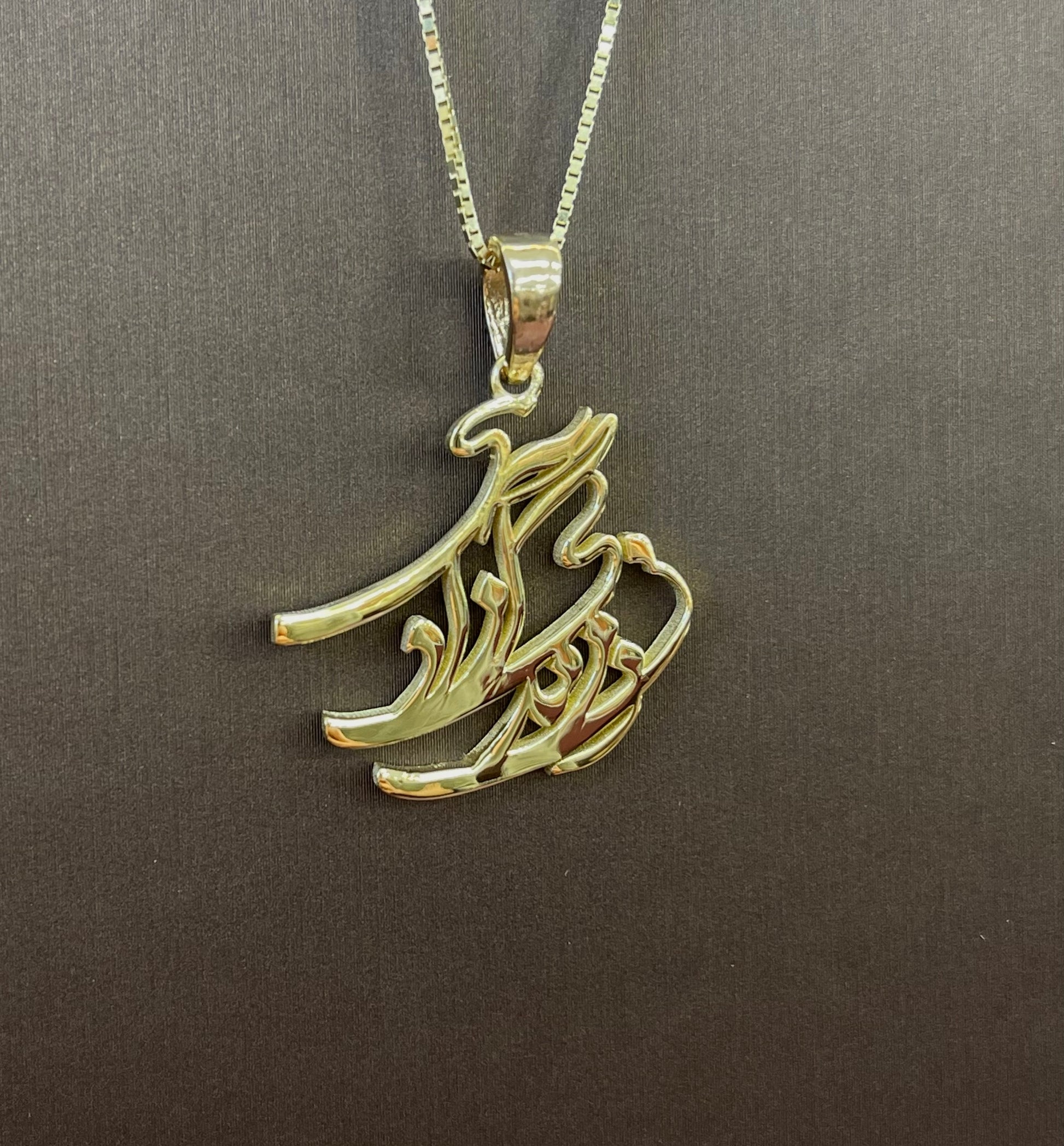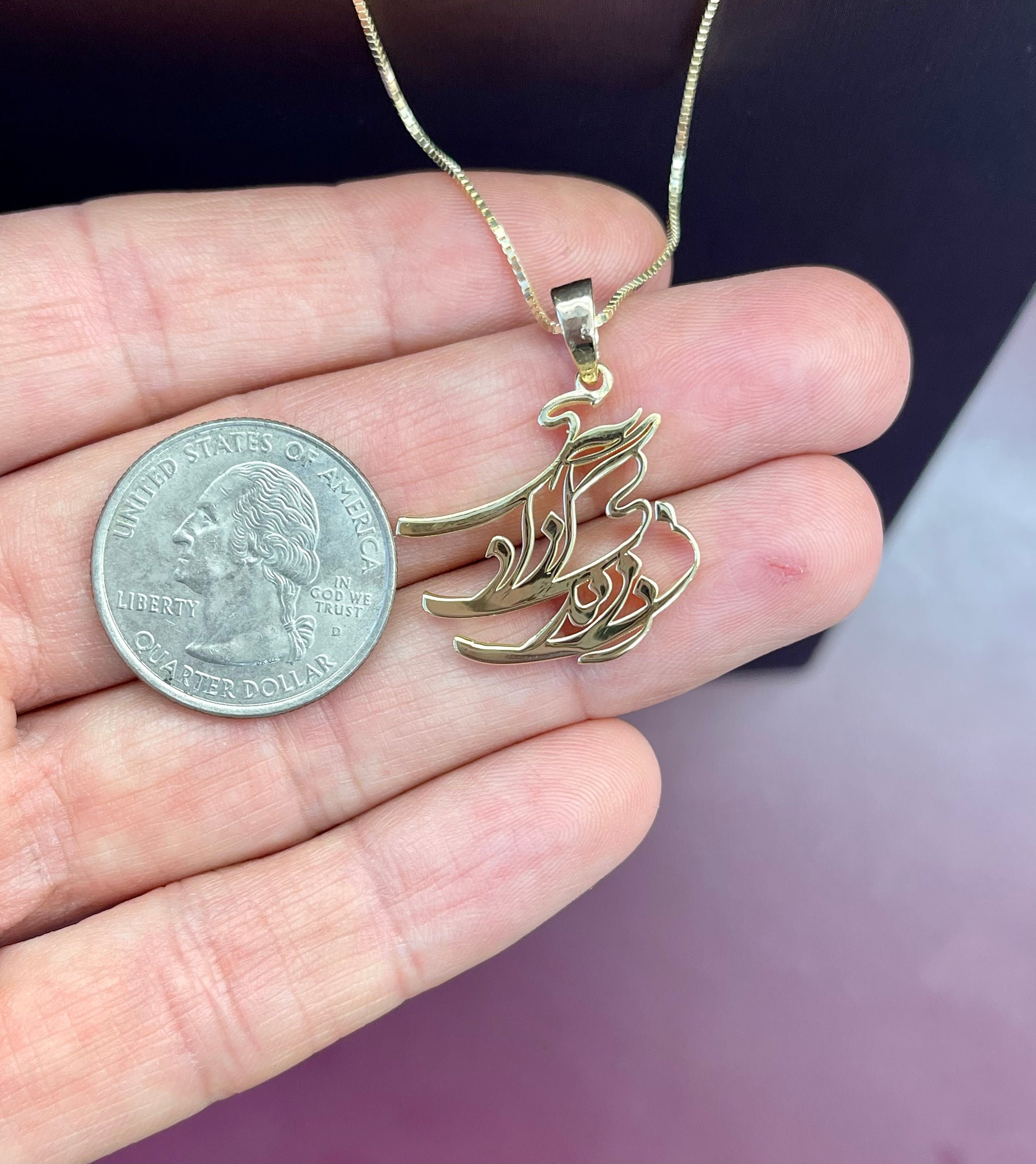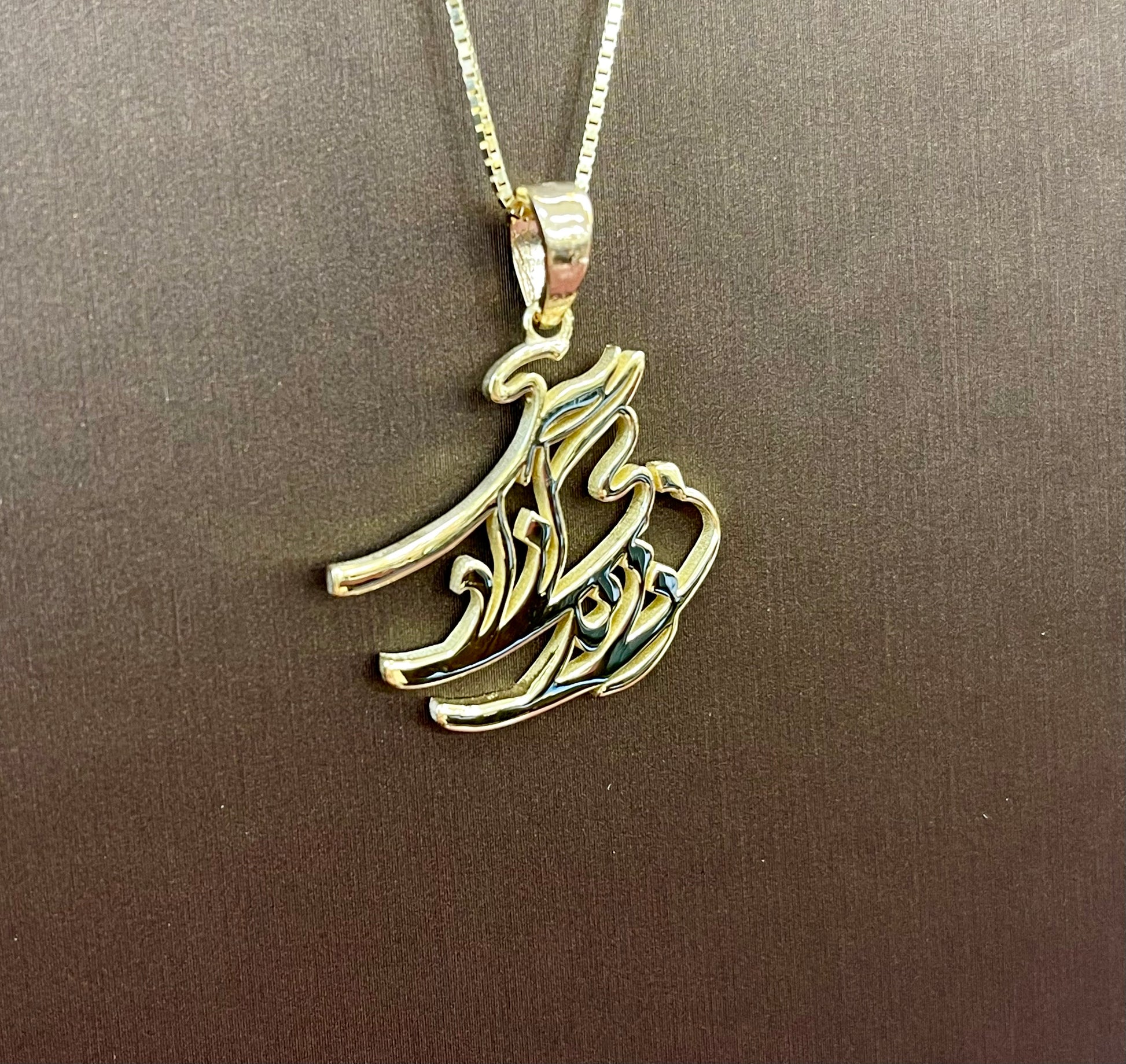1
/
of
8
My Store
18k Solid Gold Women Life Freedom Zan Zendegi Azadi Pendant Necklace
18k Solid Gold Women Life Freedom Zan Zendegi Azadi Pendant Necklace
Regular price
$780.00 USD
Regular price
$950.00 USD
Sale price
$780.00 USD
Unit price
/
per
Couldn't load pickup availability
18k Solid Gold Women Life Freedom Zan Zendegi Azadi Pendant. Size approx. 1 inch Weight approx. 5.4-5.6 grams Weight and the bail may be slightly different since it's a handmade product. The chain in the pictures is not included, you’ll receive only the pendant.
Share
